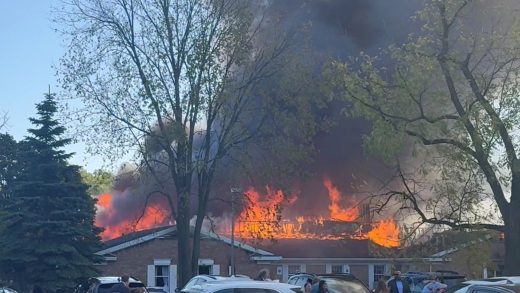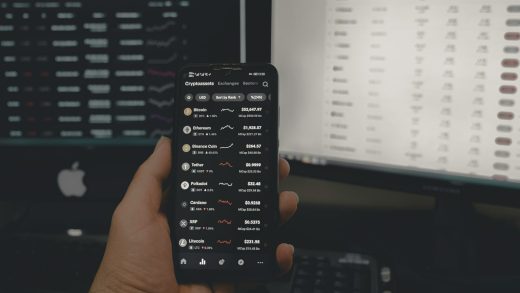The Americas region is at risk of losing its measles-free status as the highly infectious disease continues to spread in Canada, Mexico and the United States, the head of the Pan American Health Organization told Reuters in an interview.
To be considered measles-free, a country where an outbreak takes place must get back to zero cases within 12 months.
That deadline expires at the end of this month for Canada, while the United States has until January and Mexico until February.
PAHO head Dr Jarbas Barbosa said all three countries were at risk of missing the deadlines, which would deprive the Americas of its measles-free status and set back the wider goal of a measles-free world by 2030.

Falling vaccination rates were to blame for the spread of the disease, he said.
When asked if he was concerned about policy changes in the United States, where Health Secretary Robert Kennedy Jr, a longstanding vaccine sceptic, has overhauled the system of recommending vaccines, Barbosa avoided criticising any specific country.

Get weekly health news
Receive the latest medical news and health information delivered to you every Sunday.
But he emphasised the importance of accurate public information in ensuring vaccination rates do not fall.
“We need to stick to the science and the evidence,” he said.
For example, he said there was “no evidence that there is a relationship between vaccines and autism,” contradicting a theory promoted in the past by vaccine sceptics including Kennedy.

PAHO, the Americas arm of the World Health Organization, says 95 per cent of a population needs to be vaccinated to prevent the spread of measles, a viral infection that causes fever and a characteristic rash, and can lead to dangerous complications.
According to WHO data, 92 per cent of the population in Canada has had the first dose of vaccine, and only 79 per cent the second dose, which is needed for full protection.
There have been more than 5,000 measles cases in Canada this year and two deaths, most recently that of a newborn baby in Alberta announced last week.
While cases are declining, Canada has just weeks to show that transmission has stopped completely.
The United States and Mexico have also had significant measles outbreaks this year, with thousands of cases and a handful of deaths.
The Americas region only regained its measles-free status in 2024, after an outbreak in Brazil was stopped.
While the U.S. is in the process of quitting the WHO, it is still a PAHO member.
Separately, the head of the vaccine group Gavi, which helps fund immunization campaigns in lower-income countries, told Reuters that the group planned to launch four major nationwide drives to protect children against measles before the end of this year, alongside the governments of Nigeria, Pakistan, Afghanistan and Democratic Republic of Congo.
“These are unprecedented, and I don’t think we will ever have the money to do them again,” said Sania Nishtar, chief executive of Gavi, which is facing budget cuts as global aid budgets fall.
The U.S. is set to cut its funding of Gavi entirely – around $300 million (U.S.) annually – after Kennedy said the organization ignores safety, without providing any evidence.





